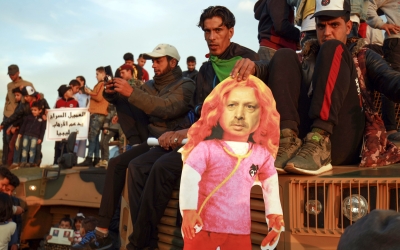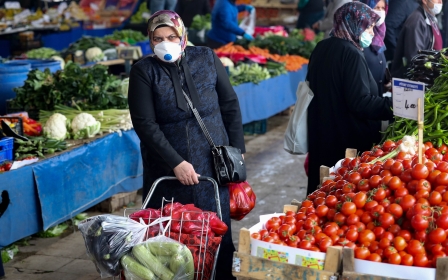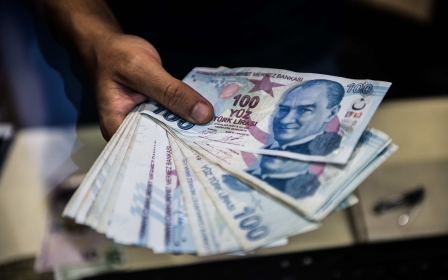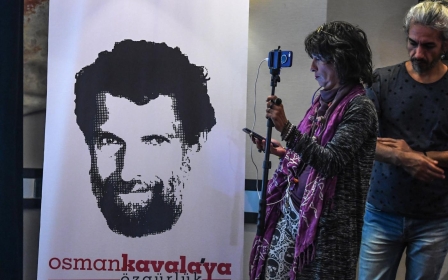'Turkey has dropped behind': Republic's youth dream of free lives overseas
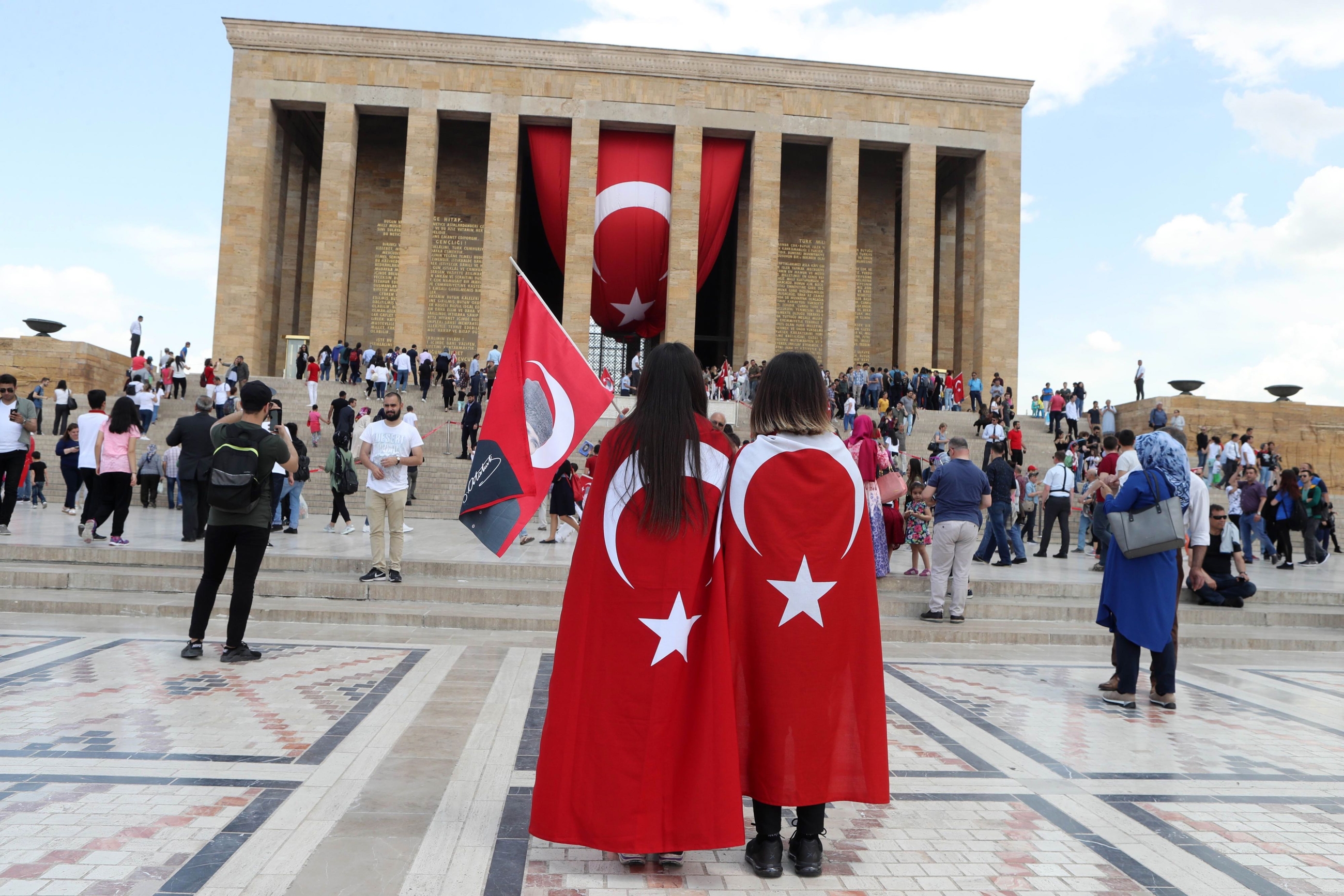
Turkey has the largest population of youth in Europe, with nearly 13 million citizens. But a new poll indicates more than 60 percent of them would like to leave the country because of economic hardship, a stifling of dissent, and a crackdown on freedom of expression.
More than a dozen random Turkish students interviewed by Middle East Eye said that given the chance, they would move out of Turkey due to a loss of hope for the future.
New MEE newsletter: Jerusalem Dispatch
Sign up to get the latest insights and analysis on Israel-Palestine, alongside Turkey Unpacked and other MEE newsletters
Many medical school students from the country’s elite schools, such as Hacettepe University, are learning German and are looking to move to Germany, where they believe they would be respected and be able to live in a free society. Others complain about the increasing nepotism within the public sector that is making it almost impossible for people with credentials to get top jobs.
“I lost my belief that I have a good future here in Turkey,” Ilkay said, who is an undergraduate student studying international relations at Istanbul University.
“Turkey, politically and economically, has dropped behind. Life has become harder with the decrease in purchasing power. The media lost its neutrality, we have poverty, and justice lost its impartiality.”
A poll conducted by the Foundation for Social Democracy (SODEV) ascertained that Turkish youth are increasingly unhappy to live in the country.
The survey, which was carried out in 12 provinces on 16-17 May with 600 people aged between 15-25, indicated that 62.5 percent of the respondents would choose to live abroad if they were given a choice.
Experts say one fundamental reason behind the desire to leave is the loss of prosperity. Recent official statistics reported that last year unemployment among the workforce aged 15-24 reached 25.4 percent, the highest rate in the last 20 years.
“It is very rational for them to leave,” Ertan Aksoy, the chairman of SODEV, said. “They would like to leave to get a better education abroad and increase their level of welfare. They see that it is no longer possible here.”
Many students complained about the diminishing quality of higher education in the country.
The Turkish government, under President Recep Tayyip Erdogan’s rule, has tripled the number of universities in Turkey over the past 17 years, from 76 to 207; while more than 6,000 academics were fired on charges of terrorism since a coup attempt in 2016, leaving a massive negative impact on the country's academia.
Yagiz, a recent high school graduate, said he would like to study abroad because Turkish universities have fallen in global higher education rankings and the diplomas they issue are increasingly losing their value.
Freedom of expression
Nezih Onur Kuru, a political scientist, says the drop in per capita income is likely to have an impact on young people's attitudes.
“The hope [youth] had in the 2000s left its place to anger and despair,” he said, citing "the heightened authoritarianism since the [2013] Gezi Park protests, and public hiring without merit coupled with a reduction in income per capita from $13,000 to $9,000 in the last 6 years.”
Earlier this month, the Turkish lira hit a historic low of 7.2690 versus the dollar, with worries surrounding the depleted foreign reserves.
Kuru added that because of the economic crisis the country is going through, it has become harder to reach upward social mobility for millennials and generation Z when compared to their parents.
Ironically enough, nearly 50 percent of the ruling AK Party supporters and around 70 percent of allied nationalist MHP voters said they would like to leave the country. For observers, it isn’t surprising, because youth - in general - are having the same experience regardless of their political leanings.
'There is no way to separate AKP and the state from each other anymore. And I refuse to live in a such system'
- Fikret, student
SODEV’s poll also illustrates that freedom of expression is crucial for Turkish youth.
More than 90 percent of the respondents said free self-expression was very important, while 82 percent said others being able to freely express themselves was important.
In 2019, Turkey had the second-highest number of standing cases that allege violations of fundamental rights before the European Court of Human Rights, with 9,250 applications. Turkey also has ranked 154 out of 180 countries in the Reporters Without Borders' 2020 World Press Freedom Index.
Gokturk, a 24-year-old atheist student, said he feels that he is being forced to hide his opposition to the government as well as his religious opinions in the Muslim majority yet secular country.
“There is definitely a freedom of expression problem,” SODEV’s Aksoy said. “The pressure on social media is a major trigger of frustration. Young people see that people get detained, arrested, or lose their jobs over a legitimate tweet.”
For example, the number of criminal investigations opened in Turkey against individuals who allegedly insulted Erdogan went up 30 percent in 2018, reaching 26,115 cases.
“I know that there won’t be an investigation against me if I tweet about Tayyip [Erdogan] in the US or if I hang a towel to my balcony railings with a British flag on it," Fikret, a student who used to be on an exchange programme in Atlanta, said.
“There is no way to separate AKP and the state from each other anymore. And I refuse to live in a such system.”
This article is available in French on Middle East Eye French edition.
Middle East Eye delivers independent and unrivalled coverage and analysis of the Middle East, North Africa and beyond. To learn more about republishing this content and the associated fees, please fill out this form. More about MEE can be found here.


